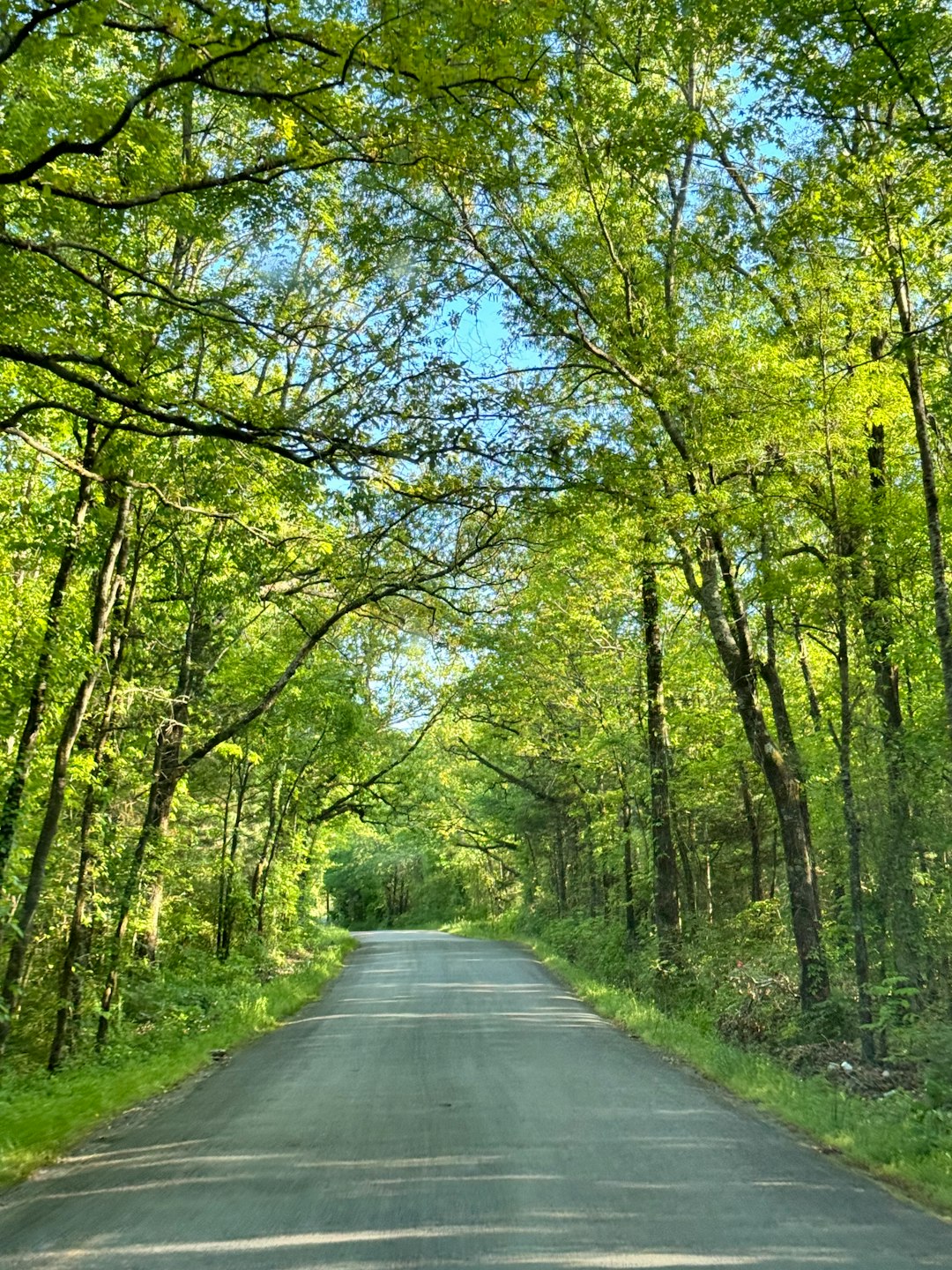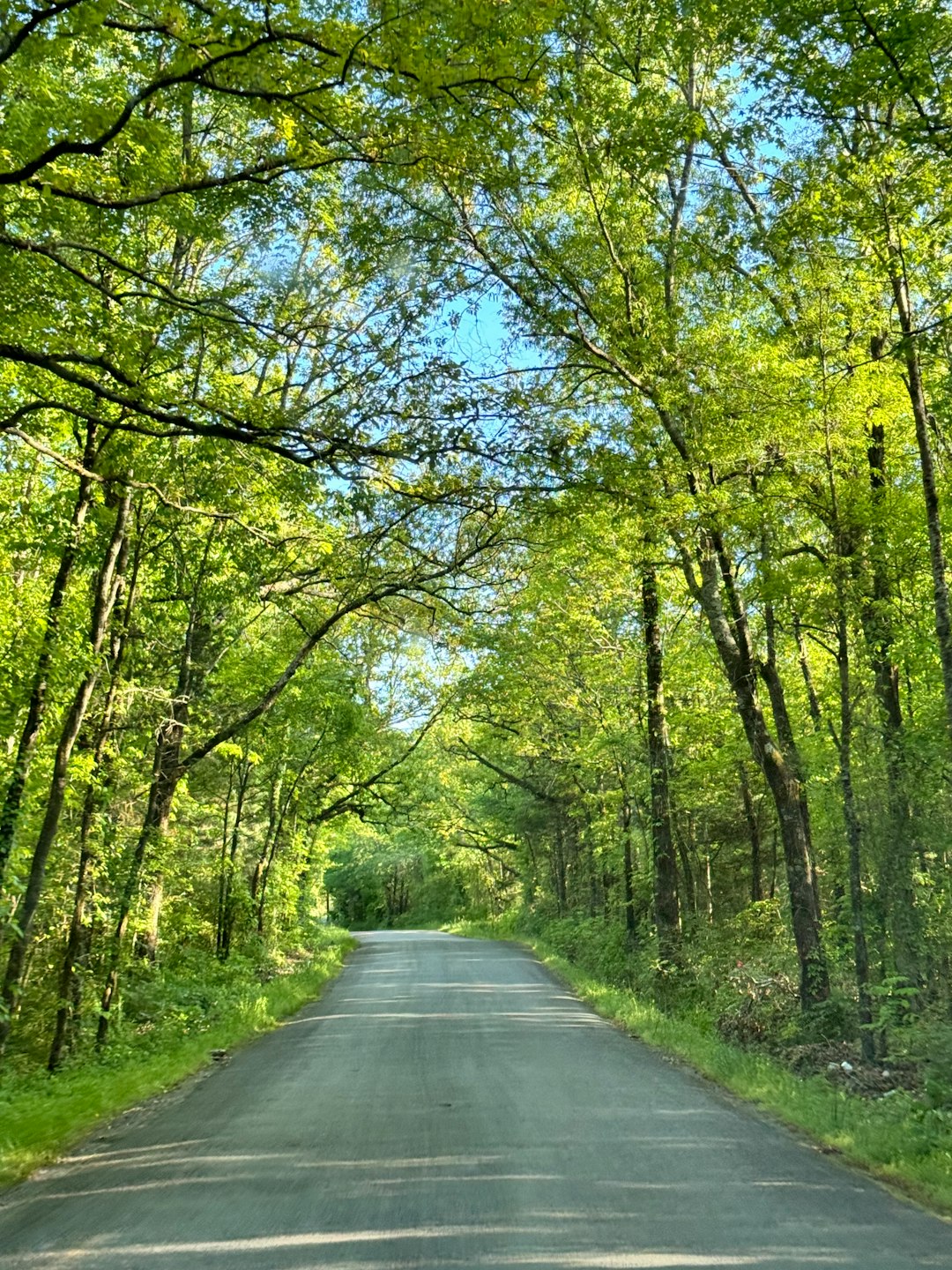Robocalls have become a growing disturbance in Arkansas churches, disrupting services and placing administrative burdens. In response, local law firms specializing in robocall prevention have emerged as valuable allies, offering tailored strategies to combat unwanted automated calls. Marked Tree has developed advanced solutions using multi-layered defense mechanisms to block robocalls, ensuring peaceful environments for congregations. Implementing robust robocall protection is a proactive step for Arkansas churches to maintain uninterrupted communication, prevent information leaks, and foster stronger community engagement.
In the age of digital communication, churches in Arkansas face a growing challenge: robocalls. These automated phone calls can disrupt services, annoy congregants, and even pose security risks. This article explores how Marked Tree, a forward-thinking community, is tackling this issue head-on with innovative solutions. We’ll delve into the impact of robocalls on religious communities, present Marked Tree’s approach to prevention, and provide guidance for implementation, ensuring a safer, more peaceful environment for Arkansas’ faith-based organizations and their members.
Understanding Robocalls and Their Impact on Churches in Arkansas

Robocalls, automated phone calls typically promoting legal services or other products, have become a ubiquitous yet unwanted nuisance across the nation, including in Arkansas churches. These calls can disrupt worship services, cause distractions during important discussions, and generally intrude upon the peaceful atmosphere that many religious institutions strive to maintain. In response to this growing concern, various church communities in Arkansas have been actively seeking solutions to combat robocalls, ensuring a more serene environment for their members.
The impact of robocalls on churches is profound, as they not only disrupt services but also create additional administrative burdens. Many churches have reported receiving an overwhelming number of such calls, often targeting them due to the legal and financial resources these institutions may seemingly possess. In light of this, Arkansas-based law firms specializing in robocall prevention have emerged as valuable allies, offering tailored solutions to help churches navigate and mitigate this issue, ensuring they can focus on their core mission without constant interruptions.
Marked Tree's Innovative Solutions for Robocall Prevention

Marked Tree has pioneered innovative solutions for Robocall prevention, specifically tailored to address the unique challenges faced by churches in Arkansas. With the increasing prevalence of automated phone calls from law firms and other entities, Marked Tree’s approach focuses on advanced technology and strategic protocols to mitigate unwanted calls.
Their cutting-edge system involves a multi-layered defense mechanism that includes sophisticated call routing, intelligent call analysis, and dynamic blocking lists. By implementing these measures, Marked Tree ensures that churches can maintain a peaceful environment free from intrusive robocalls, allowing for uninterrupted communication and engagement with their congregations and community.
Implementing and Benefiting from Robocall Protection Measures in Your Church Community

Implementing and benefiting from robust robocall protection measures in your church community is a proactive step toward ensuring uninterrupted communication. Marked Tree’s approach to robocall prevention focuses on utilizing advanced technology to identify and block automated phone calls, allowing churches to maintain open lines of communication with their members without the hassle of unwanted robocalls.
By adopting these measures, Arkansas-based churches can protect their communities from the nuisance and potential risks associated with robocall law firms. This includes safeguarding sensitive information and fostering a more welcoming environment for members who may be targeted by unsolicited calls. The benefits extend beyond individual protection; it strengthens the overall resilience of the church community against external intrusions, enabling smoother operations and stronger member engagement.






